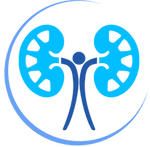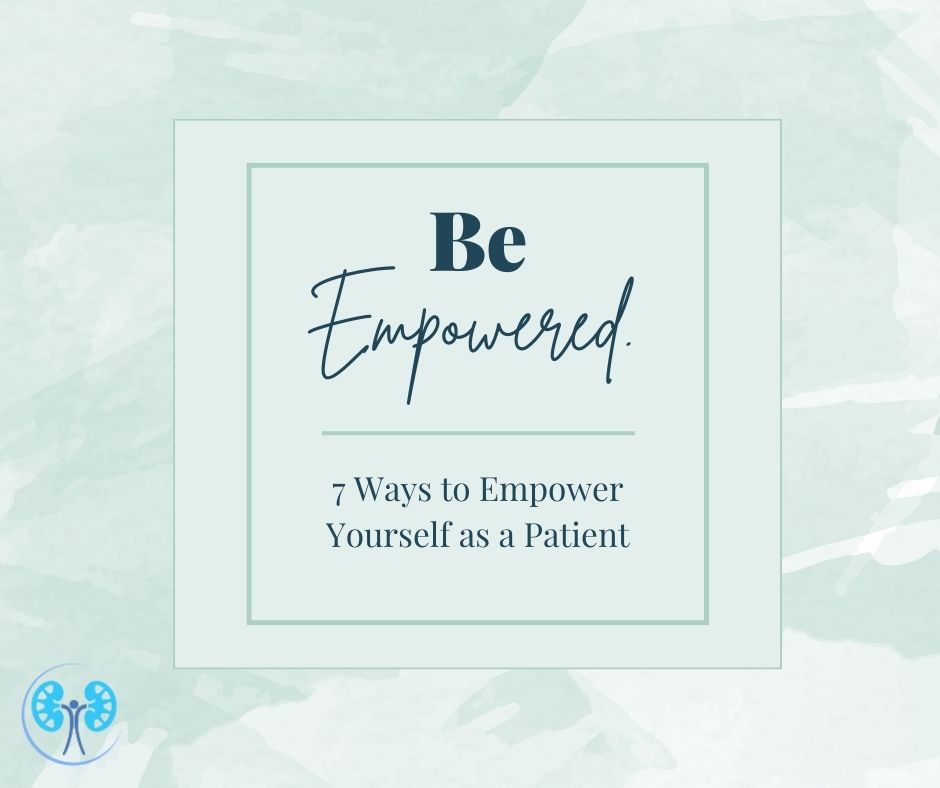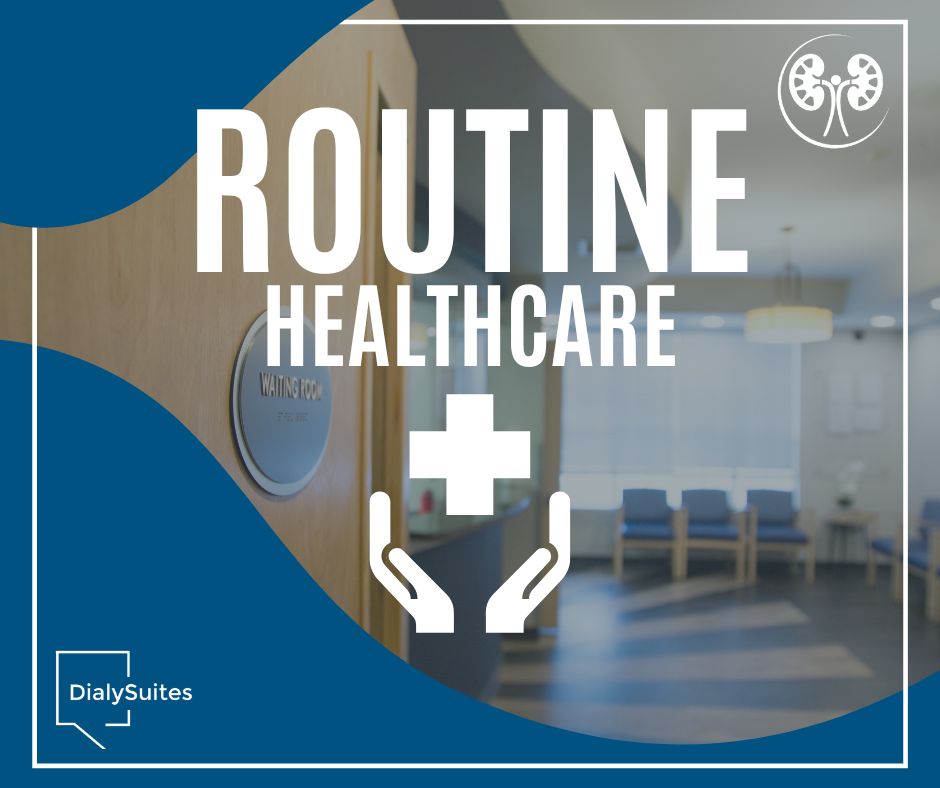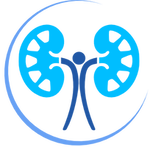|
Sleep is a vital part of the human body’s recovery and healing process. Without proper sleep, our bodies may experience a myriad of symptoms and chronic issues that can affect our quality of life.
Symptoms associated with lack of sleep: Each person’s symptoms of sleep deprivation can vary depending on genetics, the type of sleep deprivation, and use of stimulants (like caffeine). Common symptoms of sleep deprivation are:
How sleep helps the body: Sleep works to support your physical and mental wellbeing. During sleep, our bodies do a variety of important tasks.
How to improve your sleep:
Some changes to sleep won’t happen overnight. Dedicate yourself to a nighttime routine to see improvement over time. If you still have concerns, talk to your primary care physician. Do not make significant changes without speaking to your providers first. Resources: The Sleep Foundation: Sleep Deprivation University of Michigan: Why Sleep is so Important This website is for informational and educational purposes ONLY. While we strive for accurate, general medical information, this does not replace professional medical advice. Do not rely solely on this information. Please consult with your physician for more information regarding your specific needs. If you are experiencing a medical emergency, please call 911. At Jacksonville Nephrology, we believe that an empowered patient is more involved in their care and will subsequently make better, more informed decisions regarding their care. Here are 6 ways that you can empower yourself as a patient.
We are here to help you make the best decisions for yourself. Stay safe and healthy. Be empowered. Braving the Wilderness by Brene Brown is a book that explores the power of independence, courage, and belonging. Brene uses the term “wilderness” as a metaphor to describe the elements we must face to find belonging: solitude, vulnerability, vast and dangerous environments, and the beauty of nature. You must find your own way through the wild, straying from the beaten path, listening to yourself. It’s about intentionally putting yourself with those who are different from you in culture, beliefs, and ideologies and learning to be with others without sacrificing who we are. Brene uses the acronym BRAVING to help assess trusting others and yourself.
Boundaries: Asking for and respecting boundaries Reliability: understanding competencies and limitations to do as you say Accountability: owning mistakes, apologizing, and making amends Vault: not sharing things that are not yours to share and upholding confidences Integrity: choosing courage over comfort and what is right versus what is easy Nonjudgement: speaking without judging or being judged Generosity: extending the most generous interpretations of intentions, words, and Actions Brene goes on to discuss topics around boundaries. She explores how to embrace our own humanity to connect with others, practicing civility, and conflict management. She explains that changing perspective and working with the mind can be more beneficial than changing physical surroundings to make someone more at ease or comfortable. Life isn’t comfortable. Brene courageously shares her own vulnerable stories of connection, fear, and longing to help show that we are not alone, but we can certainly stand alone. How it helped us: Braving the Wilderness has helped our Patient Educator, Kayla, in her ability to grow as a professional. “I was able to connect with others on a more personal level. I was more courageous to admit mistakes and failures. We are all human. We are not alone in our mistakes, faults, and struggles. I felt like I was able to handle tough conversations and conflicts with ease and civility.” How it can help our patients: Braving the Wilderness can help our patients realize that they are not alone in their chronic illness and the associated challenges. Gaining perspective on vulnerability and connection can greatly benefit patients and how they connect with their care teams and support people. How can you practice braving the wilderness in your daily life? Regular follow ups with primary care and other specialists are vital to maintaining overall health and wellness. Below are lists of vaccines, suggested screenings, and testing that is recommended on a regular and/or annual basis.
Vaccines:
Suggested Annual Screenings for Adults: Most of this is taken care of by a Primary Care Physician (PCP). It is important to maintain a relationship with your established PCP to ensure timely care and referrals. In addition to the recommended annual physical, it is important to ask about the following:
Preventative Care Testing May Include:
This website is for informational and educational purposes ONLY. While we strive for accurate, general medical information, this does not replace professional medical advice. Do not rely solely on this information. Please consult with your physician for more information regarding your specific needs. If you are experiencing a medical emergency, please call 911. |
About The BeanThe Bean is a blog on a mission to share valuable information in the world of Nephrology. We believe in empowering through education and The Bean is a great place to find resources and information on topics related to high blood pressure, kidney disease, dialysis, and topics that enhance the kidney minded lifestyle. Enjoy and be sure to subscribe! Archives
July 2024
Categories |
Contact Us |
Careers |
Connect With Us |
|
13241 Bartram Park Blvd., Suite 1001
Jacksonville, FL 32258 Open Map Tel: (904) 260-9898 Fax: (904) 260-9891 |
Interested in joining our team? Jacksonville Nephrology is dedicated to compassionate patient care through teaching and giving our team the tools needed to go above and beyond. Learn more about current openings. Learn More
|





